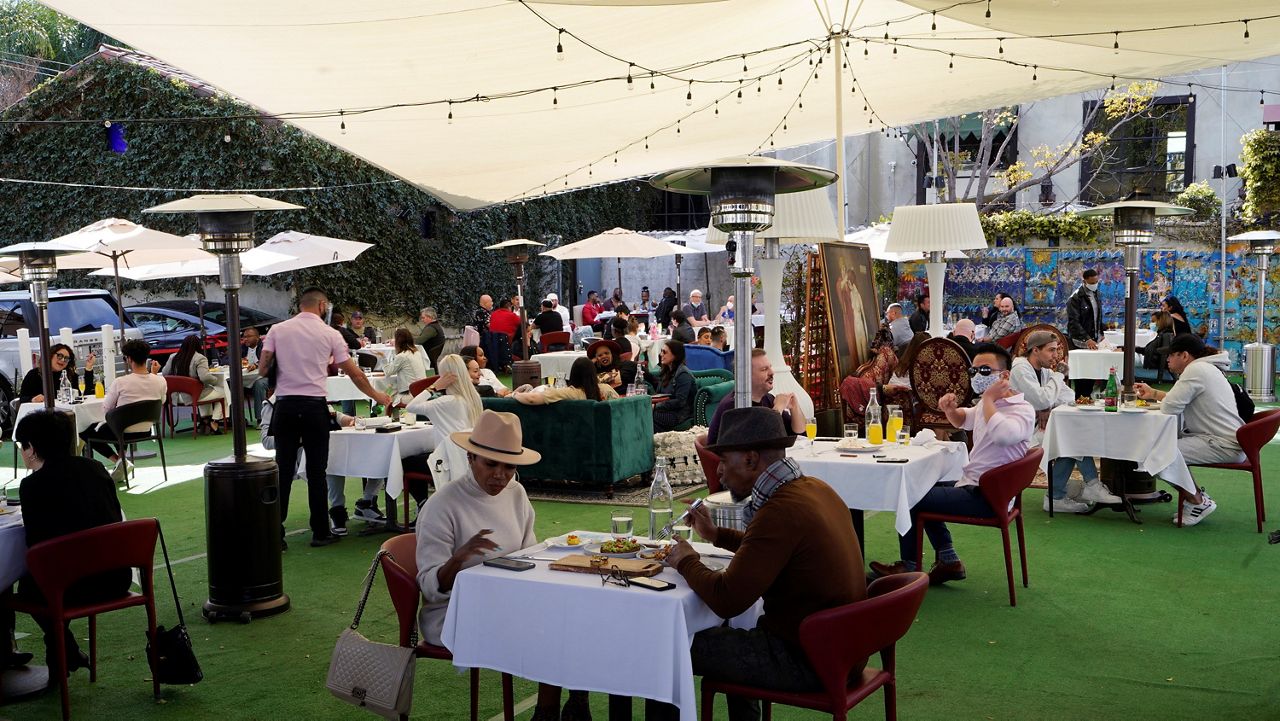SAN DIEGO — Temporary orders have already allowed establishments to sell carryout cocktails through the end of 2021.
But thanks to SB 389/AB 389, any licensed "eating place" — as well as any beer manufacturer, wine manufacturer or craft distiller that prepares and serves food on-site — can sell takeout alcoholic beverages, as long as customers buy their drinks with food. The bill applies to beer, wine, liquor and mixed drinks.
What You Need To Know
- Takeout cocktails will be allowed in California through 2026
- Takeout alcoholic beverages must be sold with "a bona fide meal" and are limited to two drinks per meal
- The cocktails can't contain more than 4.5 ounces of liquor
- All takeout alcohol containers must be clearly labeled as containing alcohol
Eddie Jurado, the general manager at Miss B's Coconut Club, remembers when the first lockdown happened and they scrambled to figure out how to pay their bills.
“I remember that day pretty vividly," he said. "I think our sales were like $120, and I’m like, 'Oh my god, what’s going to happen?'"
They turned to takeout cocktails as a way to bring money in to stay in business.
“Once the word got out that we were doing to-go drinks, it became a thing,” Jurado said.
A spokesperson for the California Department of Alcoholic Beverage Control said they will regulate this new law and other new laws passed by the California Legislature that took effect on Jan. 1. ABC Agents are accustomed to enforcing the requirements and do not anticipate a significant increase in workload.
The ABC is also not aware of any increase in drinking and driving since cocktails to-go were allowed.
This bill makes permanent some of the loosened restrictions on alcohol sales that were enacted during early days of the COVID-19 pandemic.
Jurado says they’ve perfected their system and will be ready to pivot in case another lockdown happens.
"I never take for granted that I was able to work and I try to keep that message alive. I’ll never forget what happened."
The law will expire in five years, on Dec. 31, 2026, but legislators can extend it.











